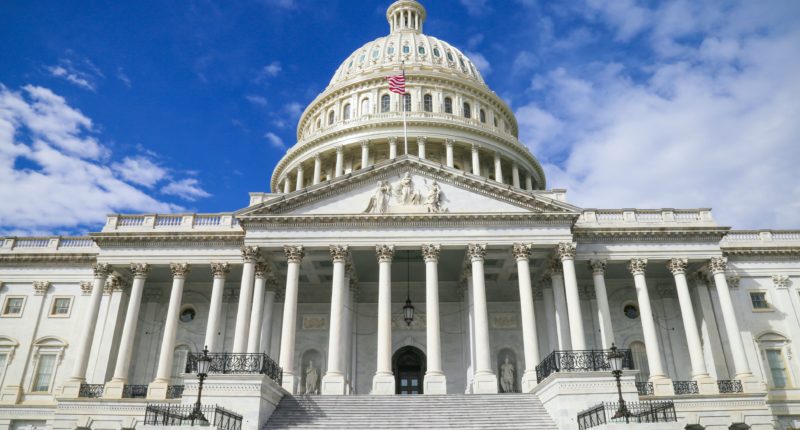Robert Menendez, the Democratic chairman of the U.S. Senate Foreign Relations Committee, and Republican Senator Lindsey Graham led a delegation to visit Taiwan in April and jointly proposed the “Taiwan Policy Act of 2022”. They stated that the “Taiwan Policy Act of 2022” is the most comprehensive revision of the U.S. policy toward Taiwan since the “Taiwan Relations Act” came into effect in 1979.
Since Ukraine was invaded by Russia in February this year, there have been constant discussions among American academics, political circles, and European countries whether China will follow Russia’s example and take the same military action to invade Taiwan by force. As a result, Lindsey Graham and Robert Menendez introduced policy acts immediately after returning to the United States to improve Taiwan’s security and defense, ensure regional stability in the Taiwan Strait, and deter China’s recent escalating threats to Taiwan.
The Ministry of Foreign Affairs (MOFA) of the Republic of China (R.O.C. Taiwan) pointed out on the 17th that U.S. senators proposed the “Taiwan Policy Act of 2022” to help address the China threat and other significant issues. The MOFA expressed its sincere thanks for this, and stressed that it would continue to follow up on the bill’s legislative progress, maintain close cooperation and contact with the US Congress and the executive branch, steadily deepen Taiwan-US relations, and promote Taiwan strait security and peace.
The MOFA Spokesperson Joanne Ou said that the bill was jointly proposed by senators from both the Democratic and Republican parties and incorporated essential elements of several Taiwan-friendly bills in the US Congress in recent years. It also demonstrates the high consensus and firm support of the US Congress across parties.
Numerous ground-breaking proposals include providing Taiwan billions of dollars in military aid and security assistance, helping Taiwan develop asymmetric combat capabilities and sanctioning Chinese officials who escalate hostilities, amending the provisions of The Taiwan Relations Act to provide weapons, requiring The U.S. State Department to coordinate the change of the “Taipei Economic and Cultural Representative Office in the United States” to the “Taiwan Representative Office.”, and The Senate must approve the appointment of the representative in Taiwan. Most notably, the policy acts will seek to significantly adjust the U.S. policy toward Taiwan and grant Taiwan the status of a “Major non-NATO ally” to demonstrate its support for Taiwan with concrete actions.
“Major non-NATO ally” refers to a close ally of the United States that cooperates strategically with the US military but has not joined NATO. This positioning gives the parties a variety of military and financial conveniences but does not include a defense treaty with the United States.










Comments are closed.